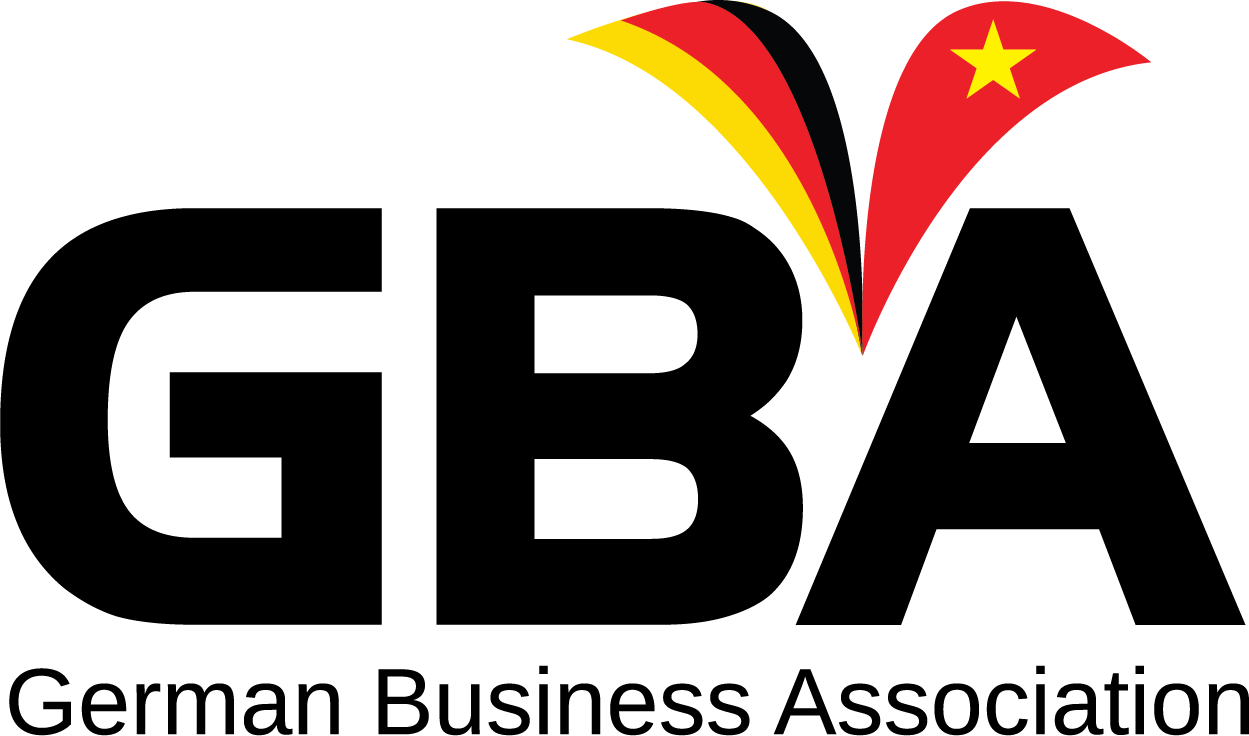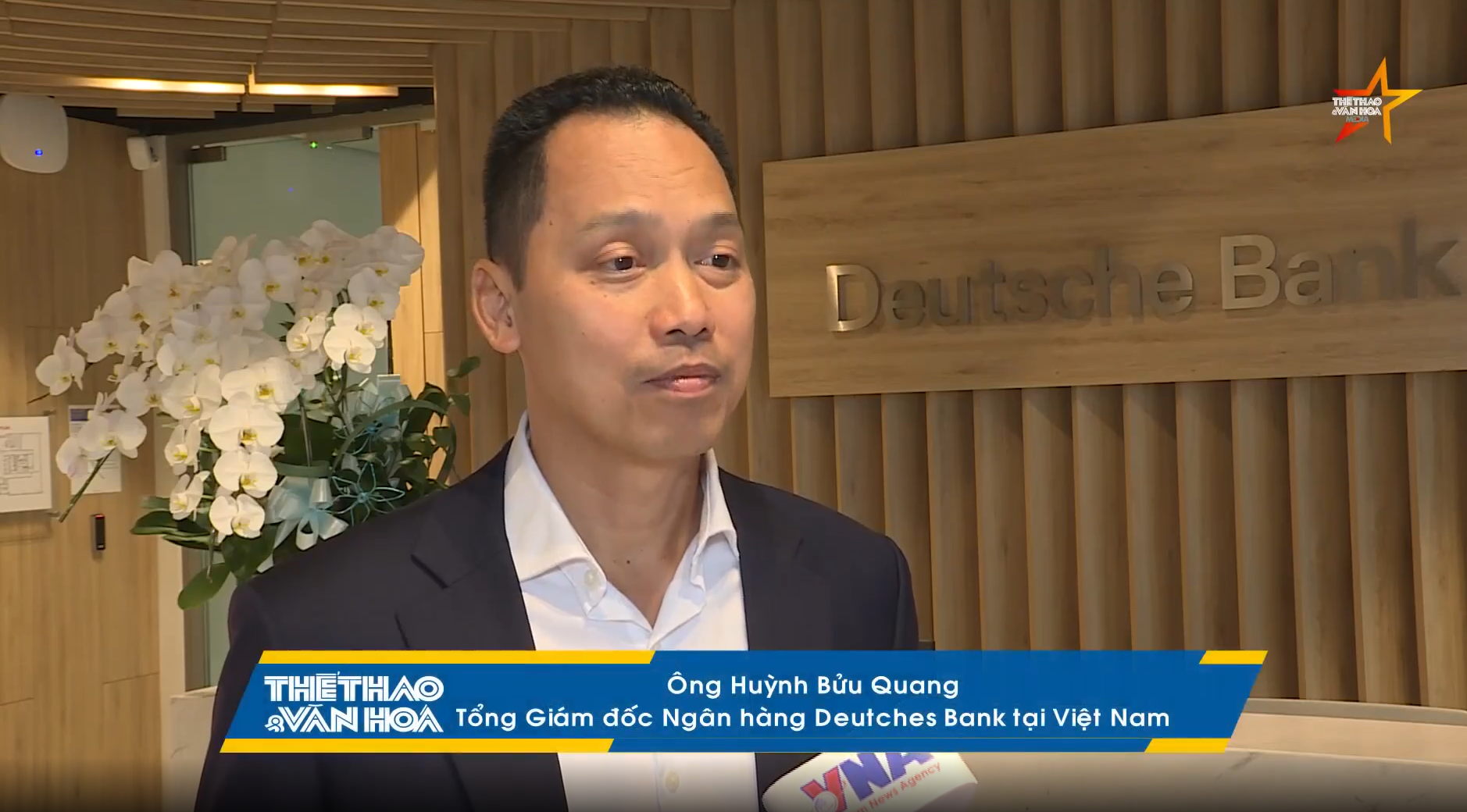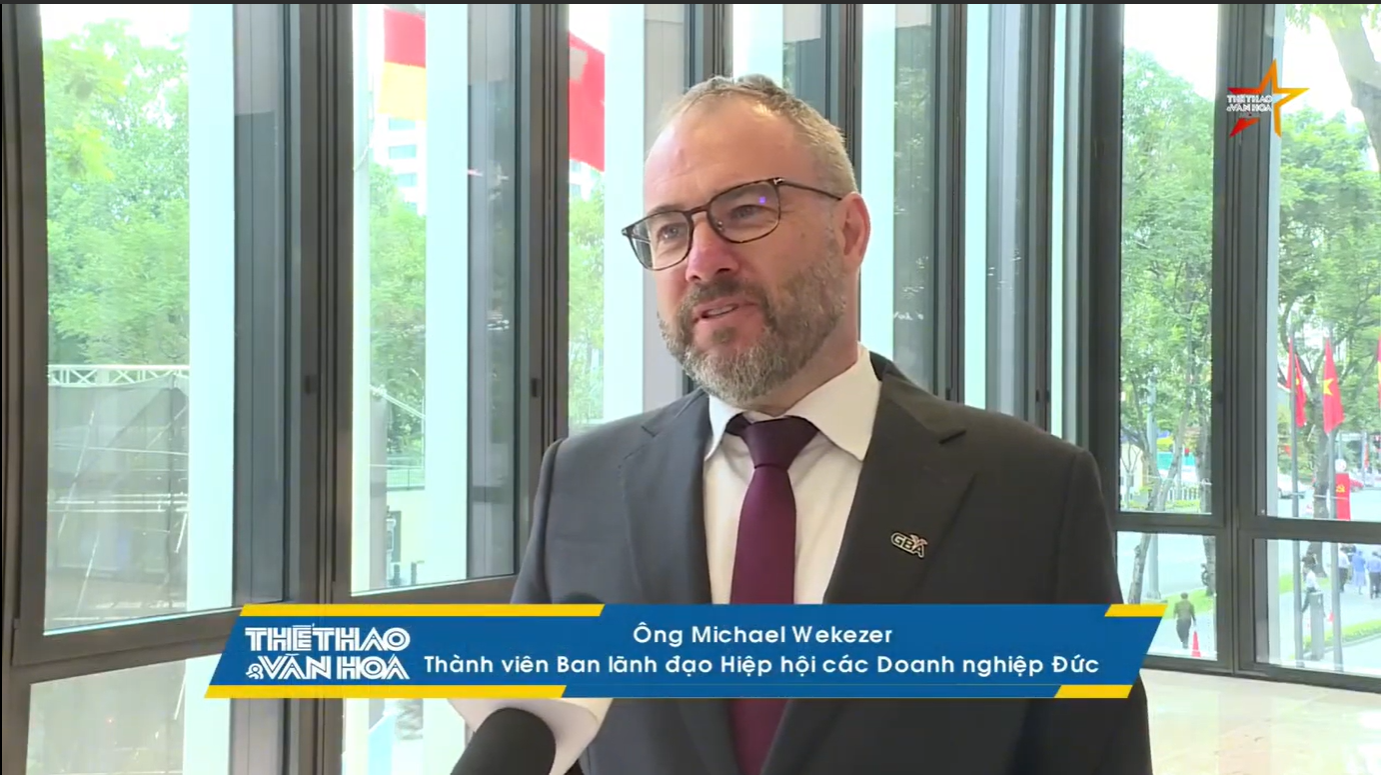As Vietnam’s economic powerhouse, Ho Chi Minh City is rapidly cementing its role as a preferred destination for foreign direct investment (FDI), especially from Germany, one of Vietnam’s most significant and long-standing European partners. With evolving investment policies, modern infrastructure, and a skilled workforce, the city is now poised to become the launchpad for German businesses seeking growth across Southeast Asia.
Explore the full interview (in Vietnamese) here>>> to discover how Ho Chi Minh City is positioning itself as an international FDI powerhouse.
1. Leading the Way in Attracting Global Investors
HCMC is not just inviting investment – it is strategically preparing the ground. The city has aggressively rolled out smart industrial parks, high-tech zones, and green energy initiatives, while actively promoting itself as an international financial and logistics hub. This “build-it-and-they-will-come” approach has been highly effective. German investors – who prioritize long-term stability, reliable infrastructure, and skilled labor, find HCMC a compelling gateway into ASEAN’s dynamic market of over 600 million people. Recent developments such as Thu Duc City, the High-Tech Park, and planned smart industrial zones demonstrate the city’s determination to be more than just a production base—it wants to be a center for innovation and value creation.
2. Upgrading the Quality of FDI: From Cost-Based to Innovation-Led
Vietnam’s FDI strategy is shifting. Instead of chasing volume, the focus is now on quality, particularly in attracting environmentally sustainable and technologically advanced investment. This is where Germany plays a natural role. With core competencies in green tech, precision engineering, and industrial automation, German firms are ideally suited to partner with Vietnam’s ambition to modernize its economy and move up the global value chain. Notably, FDI is not only flowing into manufacturing, consumer goods, food, and machinery sectors, but Ho Chi Minh City is also attracting a growing number of foreign banks, financial institutions, and investment funds to enter the market. As Mr. Huynh Buu Quang, CEO of Deutsche Bank Vietnam, said: “We’ve had a presence in Ho Chi Minh City for 33 years and plan to grow even further. As the city pursues the goal of becoming an international financial hub, the opportunities for institutions like ours are immense.”
3. Fostering Sustainable German-Vietnamese Investment
The German Business Association (GBA) has played a pivotal role in turning interest into action. With over 400 member companies, GBA serves as a strategic liaison between German investors and Vietnamese stakeholders.
In an interview, Mr. Michael Wekezer, Board Member of GBA, emphasized the increasing momentum of investment and cooperation: “Ho Chi Minh City is highly attractive to German investors due to its strategic economic position, skilled and dynamic workforce, and the positive impact of free trade agreements. We see strong growth opportunities in software development, high-tech manufacturing, green energy, and digital transformation.”
GBA not only facilitates market entry but also promotes long-term cooperation, knowledge sharing, and ESG investment strategies, ensuring that German capital contributes to Vietnam’s sustainable development goals. With strong city-level commitment, future-oriented infrastructure, and support from organizations like the GBA, Ho Chi Minh City is not just welcoming German investment, it is actively shaping the conditions for it to thrive. This new chapter of collaboration between Vietnam and Germany holds immense promise for sustainable and technologically advanced growth.


